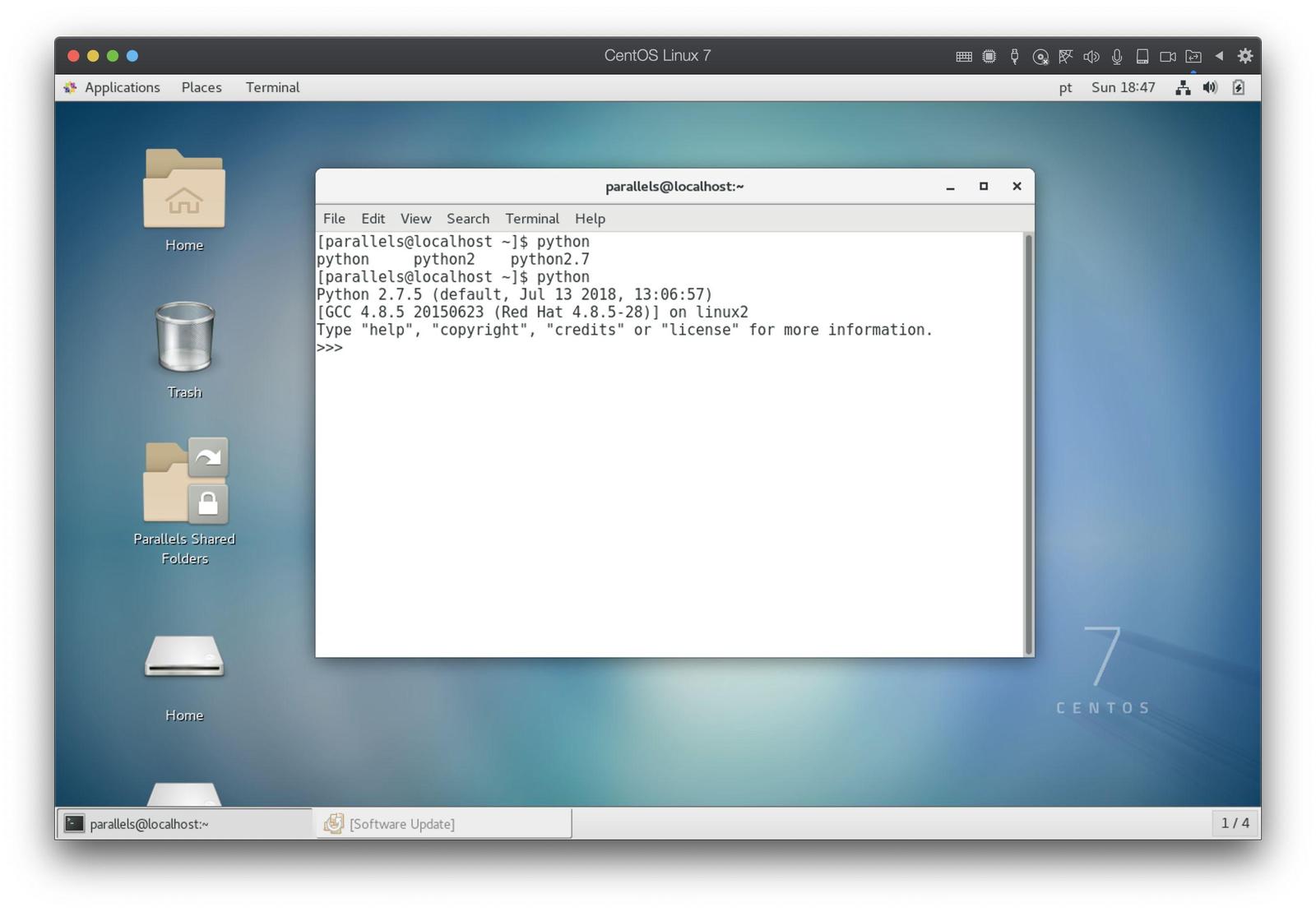
If alternate database credentials are supplied to the build, the tests could make undesirable changes to that database. These tests assume that they are being executed against a local test sqlite database.

The sample application code and templates in this repository contain scripts that automatically execute tests via the postCommit hook. The sample application code and templates in this repository contain database connection settings and credentials that rely on being able to use sqlite. Please be sure to read the following warnings and considerations before running this code on your local workstation, shared systems, or production environments. install more Python libraries and add them to the requirements.txt fileĪpart from the regular files created by Django ( project/*, welcome/*, manage.py), this repository contains:.manage.py startapp welcome, to create the welcome page's app

Update project/settings.py to configure SECRET_KEY, DATABASE and STATIC_ROOT entries.Manually install Django and other dependencies.The steps in this document assume that you have access to an OpenShift deployment that you can deploy applications on. Consider switching to RHEL/Centos 8 and Python 3 with Django 2.2.x LTS in branch 2.2.x or 3.2.x LTS in branch 3.2.x. NOTE: This version contains obsolete Django 1.11.x LTS which works with RHEL/Centos 7 and Python 2.

This is a Django project that you can use as the starting point to develop your own and deploy it on an OpenShift cluster.


 0 kommentar(er)
0 kommentar(er)
